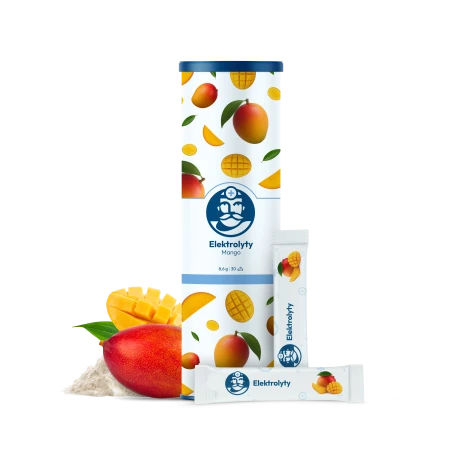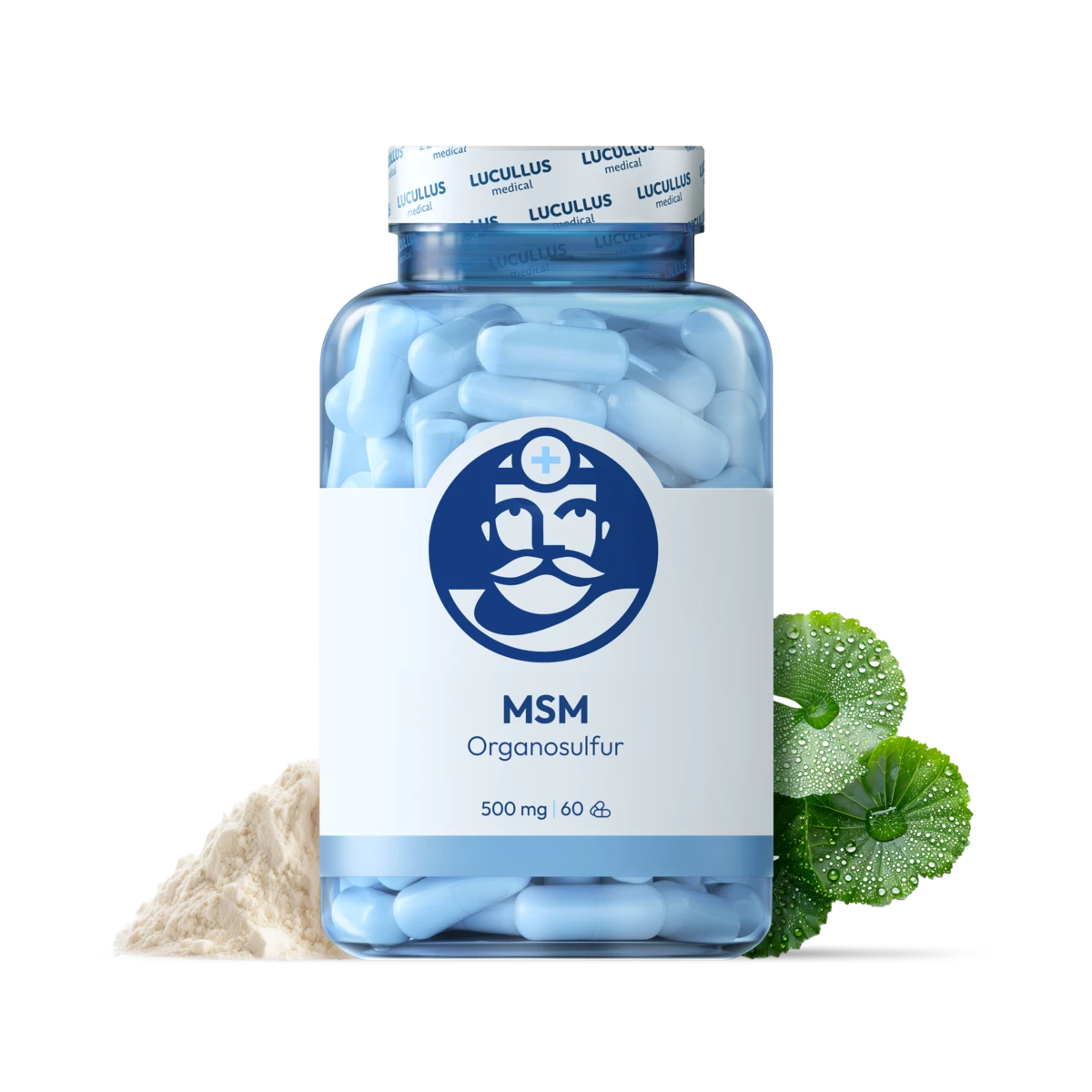
MSM (Organosulfur) .... multifunkčný doplnok
Vedeli ste, že síra je pre naše telo rovnako nevyhnutná, ako vitamíny či minerály? Jedným z jej najvýznamnejších zdrojov je látka nazývaná metylsulfonylmetán, skrátene MSM. Napriek tomu, že názov znie, ako z učebnice chémie, ide o prirodzenú látku tak zásadným významom pre správne fungovanie organizmu. MSM sa prirodzene vyskytuje v krvi, tkanivách a orgánoch, kde podporuje látky, ako sú aminokyseliny - glutatión, cysteín a metionín. Táto organická zlúčenina síry, známa aj ako organosulfur je mimoriadne účinná v boji proti oxidačnému stresu, zápalom a pri regenerácii tela. Jej zdrojom môžu byť prírodné potraviny. Organosírne zlúčeniny, ako napríklad aličín v cesnaku, majú široké zdravotné využitie, a MSM je jedinečný v tom, že ponúka komplexnú podporu od zdravia kĺbov až po posilnenie imunity .

Prémiový Spaľovač tukov Dr. Lucullus
Hovorí sa, že kto nájde tabletku na chudnutie , ten sa stane najbohatším človekom na planéte. Dáva to zmysel, s nadváhou má problém obrovské množstvo ľudí na našej planéte. Podľa štatistík svetovej zdravotníckej organizácieHO každý ôsmy človek má typ: obezita. A nadváhou trpí viac ako 2,5 miliárd ľudí! Máme teda tabletku na chudnutie? Nuž áno aj nie...

Inovatívny LIPO C (Lipozomálny vitamín C)
Vitamín C (kyselina askorbová) je už dlho uznávaný a schopný zlepšiť imunitnú funkciu a znížiť závažnosť a trvanie prechladnutia a chrípky . Že vitamín C je nevyhnutný pre optimálne fungovanie imunitného systému a celkové zdravie je všeobecne známe. Potvrdzuje to fakt, že vitamín C je jedným z najpopulárnejších a najpoužívanejších doplnkov stravy na celom svete. Práve nízky obsah tohto vitamínu v spracovaných potravinách si vyžaduje jeho pravidelné dopĺňanie. Okrem posilňovania imunity a skracovania trvania prechladnutia je dôležitá úloha pri hojení ran, zlepšovaní funkcií mozgu a podpory pevnosti kostí.

Common Lady's Mantle ... from the past to the present ...
originates from the Latin word " Alchemilla " related to alchemy. Alchemists believed in the miraculous power of water droplets on its leaves "heavenly water," (symbolized purity and nature's mystery), which were supposed to help them achieve eternal youth or transform a common metal into gold. They paid great attention to lady's mantle, which led not only to its naming but mainly to the discovery of its medicinal effects. The present relies on proven health benefits this medicinal plant offers.

Omega 3, precious message of the sea
Do you long to wake up with ease in the morning, look fresher, not feel joint pain, have more energy, be able to focus, and feel better in your body? We could find the solution from fishermen who got up earlier than the sun each morning, went out to the sea, and greeted the new day with a smile. These were men who never knew the doctor, had sharp minds even in old age, their hands still firmly held the fishing nets and they lived functional longevity, often working into their 90s. The fishermen's treasure was exactly fish oil, which works similarly to a lubricant for our body: it helps the heart pump blood, keeps the mind fresh, and joints flexible, without it, the joints would be like an old creaking ship. The message that the sea gives us what we need was conveyed to future generations because some gifts of health are too precious to keep to oneself.

B10 ... for your younger self
Excessive hair loss, slowed growth, or premature graying can have various causes, with diet playing a major role. Para-aminobenzoic acid (PABA), also known as vitamin B10 (although it is not officially a vitamin), is among the significant nutrients that support hair health, skin, and overall vitality of the body. Additionally, it can influence the aging process. Despite its beneficial effects, it is less known today, although in the past it was considered almost a miraculous means of maintaining youth. In the 1950s, scientists studied PABA for its potential in combating degenerative diseases and recorded cases where graying was slowed down.




























